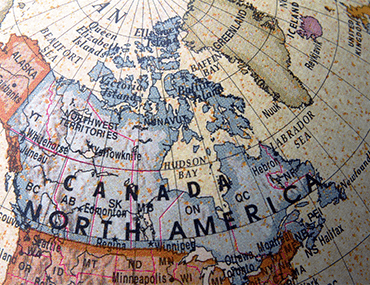Just reading on another site that some New Yorkers did not appreciate Alexis Lafreniere not removing his helmet during the playing of the US anthem yesterday.
This goes along with all the booing.
Now, anyone here ever wondered where the playing of national anthems before games comes from (It does not exist in European pro sport, for those who wonder)? People my age and older probably remember that, when we were kids, the national anthem was played before any movie you caught at the movie theater, or first and last thing on every TV station when they started or ended a new day of television (it didn't run 24 hours a day in those days, but usually 7:00 AM to 1:00 AM). In North America, this started during WWII and was meant to elicit patriotism. Regulations were put in place to require that this happen before any "public" show or exhibition. But the regulation was repealed in the mid-sixties - on both sides of the border, I might add, and it stopped happening on TV, or in movie theaters, but for some reason, not in pro sports.
Here's the thing: Player's in North American pro sport come from anywhere on the planet, they don't play for any national teams: they play for a local pro sport team, usually associated with a city - not a country. So why in hell are we bothering with playing any national atnem before any game? Why don't pro leagues (because at this point, it is the leagues that require it) just grow up and stop playing the damn things before games.
It would save them all the aggravation (Hello NFL) of having to come up with policies on behaviour during anthems and how to deal with "protests" during said anthems. Would cut some time off games that are getting to be way too long also: you could save a good 5 minutes.




 www.nsnews.com
www.nsnews.com

www.nsnews.com

 www.conservative.ca
www.conservative.ca
